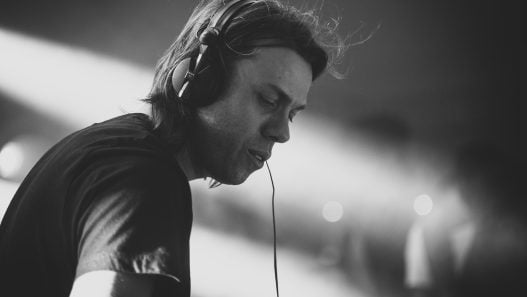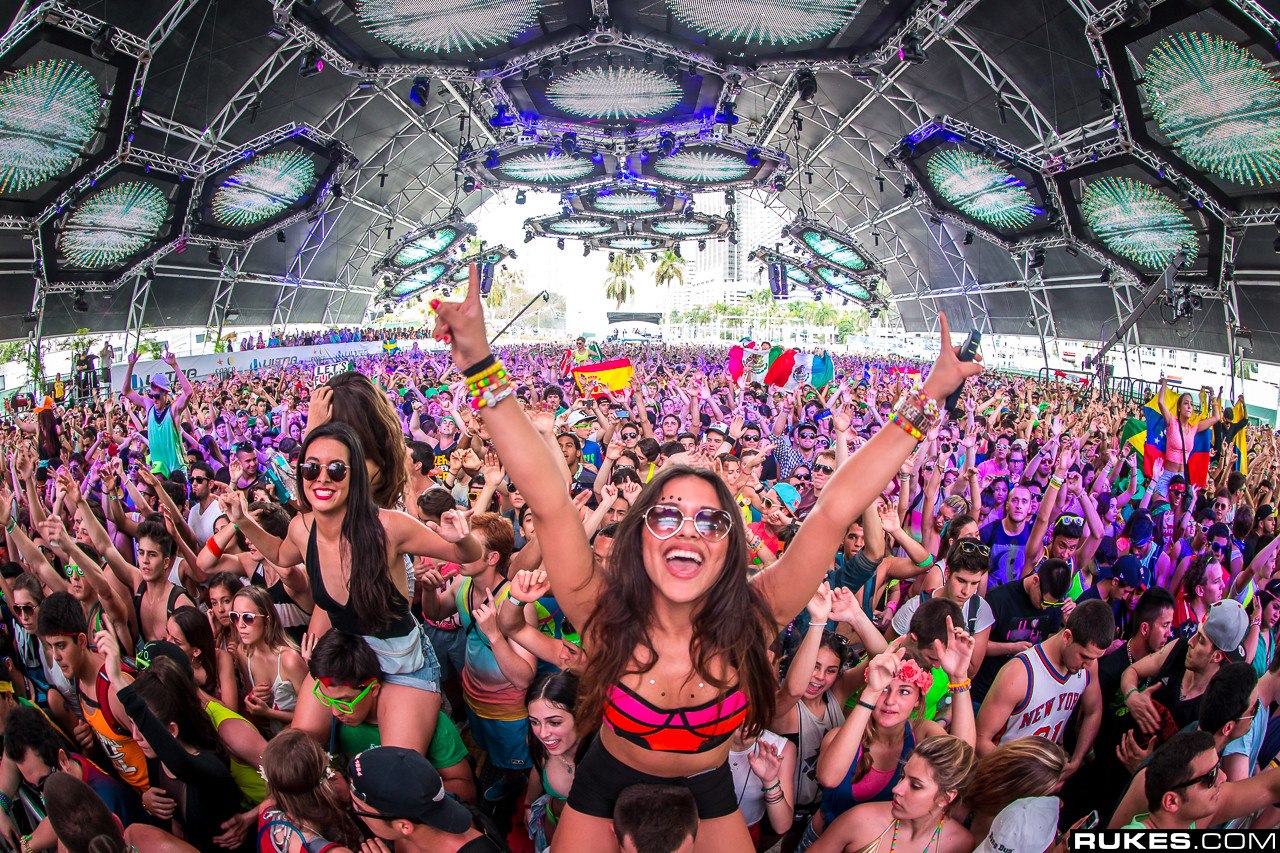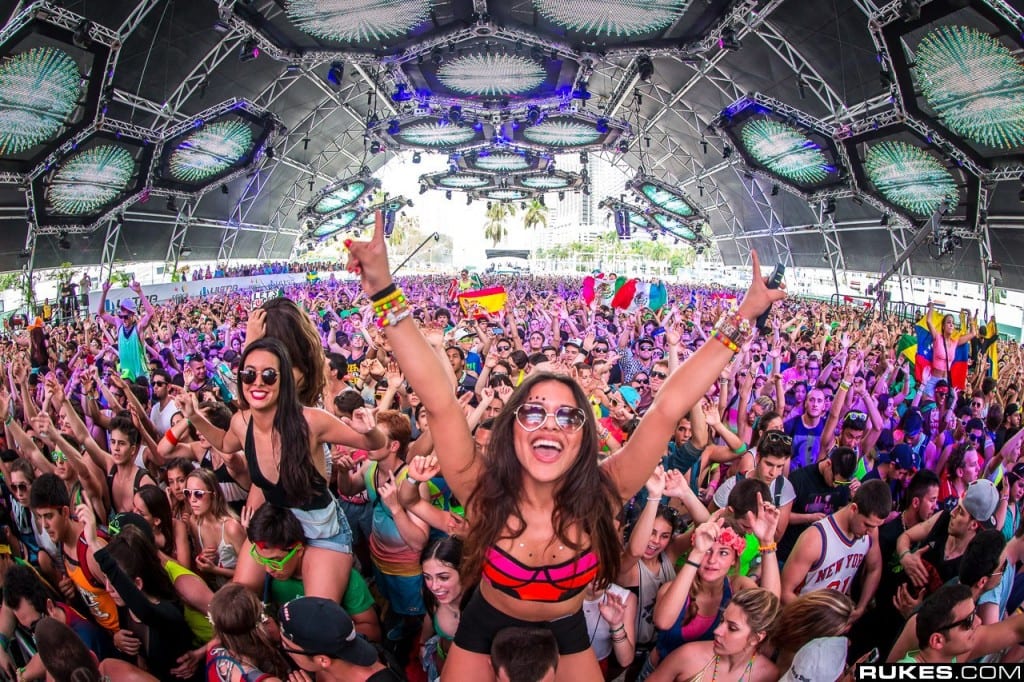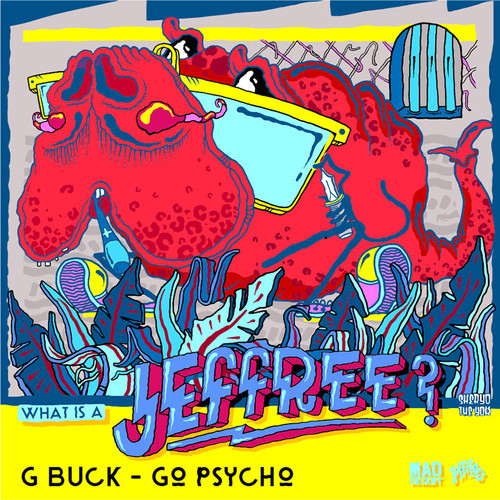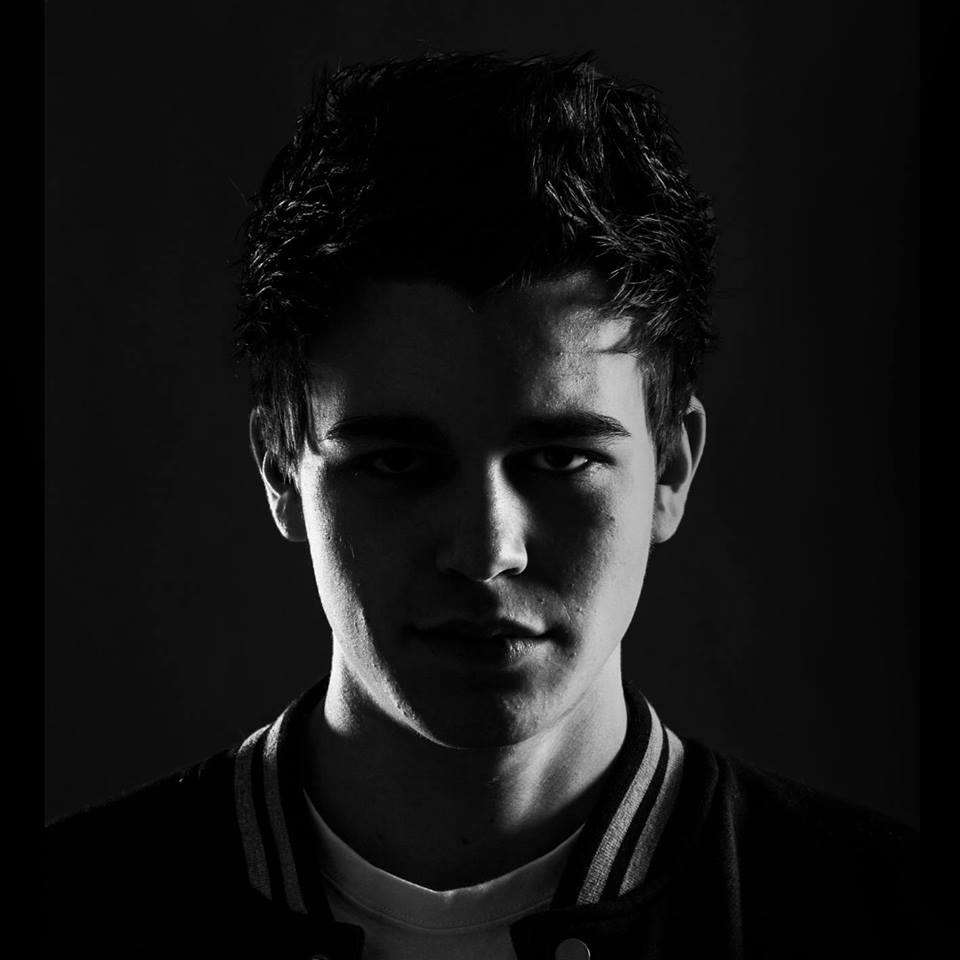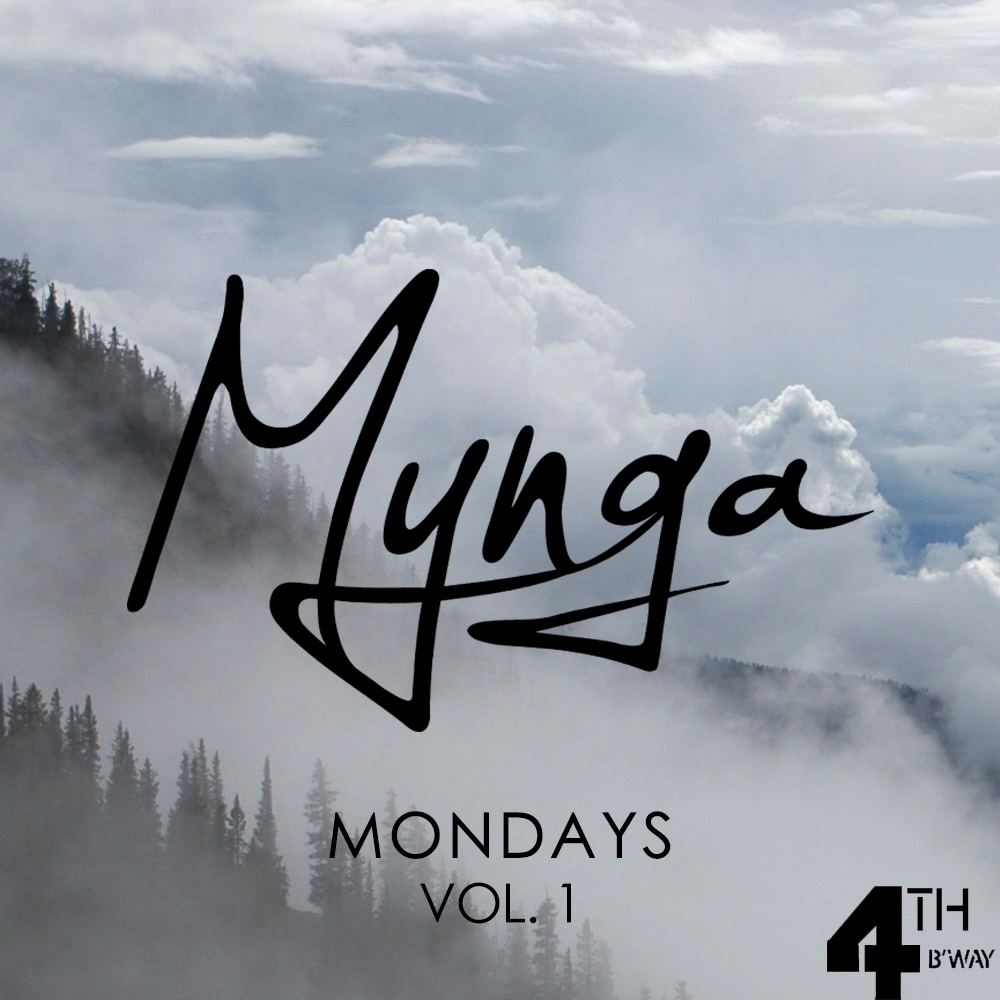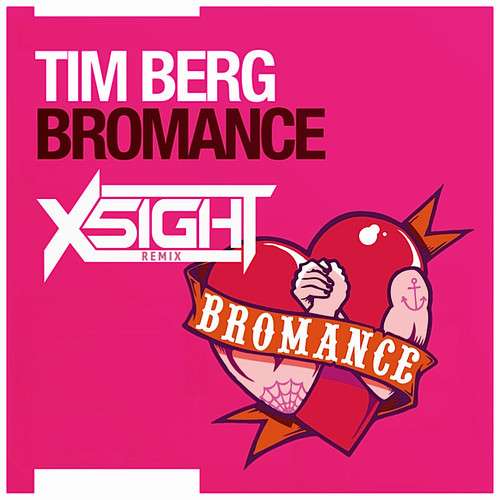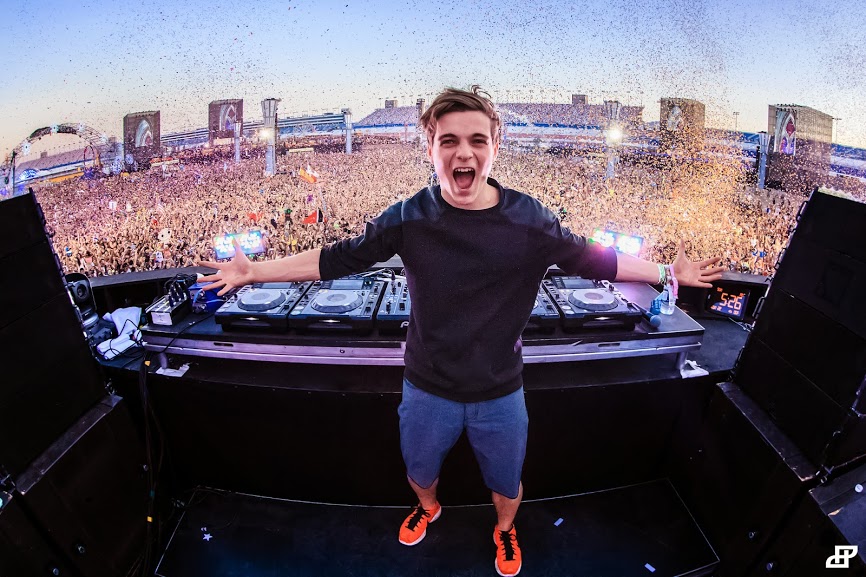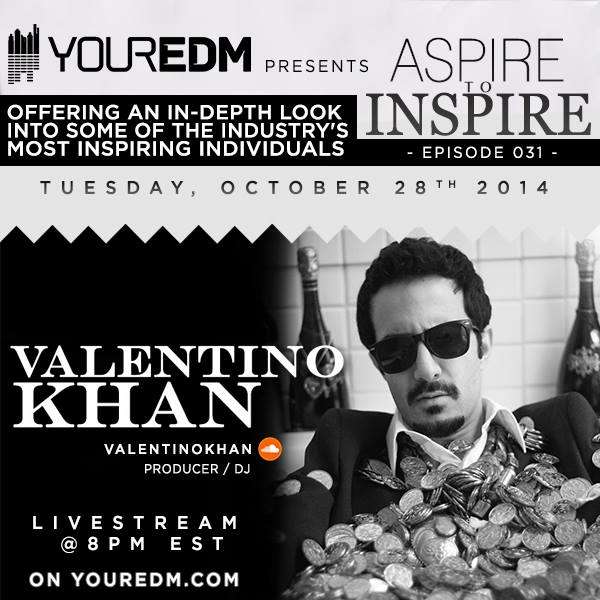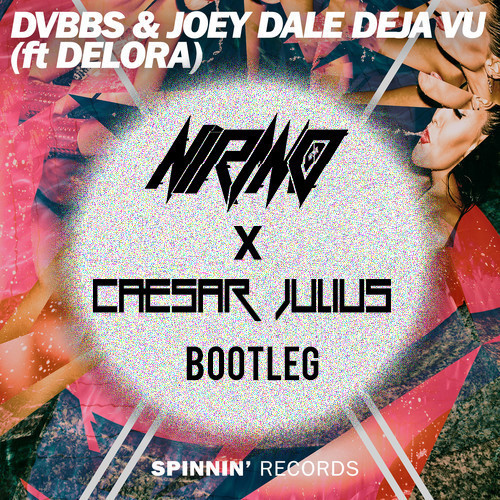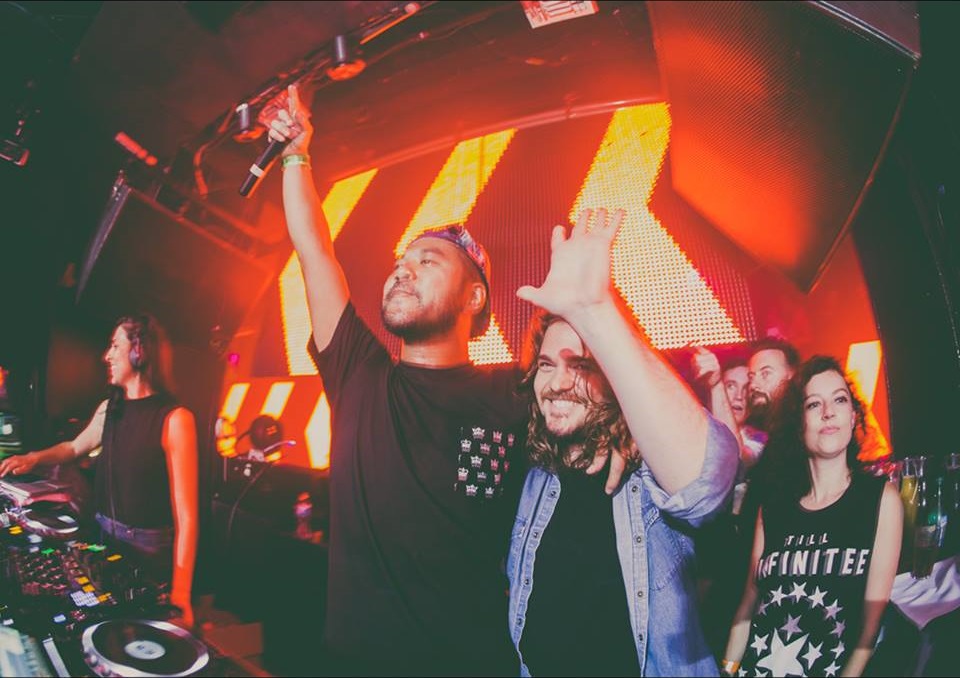As I’m almost positive the title was what caught your eye, let’s start with a little background, shall we?
Seth Troxler has very strong opinions on the music scene. I actually really envy him as one of the few people who actively speak up and make extremely valid points on the current and future scene. However, Seth has a tendency to be a little restrictive in who he allows into his “private club.” In an interview with Thump this past May, Troxler goes in depth discussing all the things wrong with EDM and current festival culture (of which he proclaims there is none). Later that week, at the International Music Summit in Ibiza, Troxler had some dire questions for Team Avicii, including “Is this a Milli Vanilli situation?” At that same summit, Seth Troxler participated in a keynote interview with Pete Tong.
Troxler believes that many of the US festivals, such as Electric Daisy Carnival, are presenting electronic music in the wrong way for the wrong reasons. He laments that the age of the faceless DJ is almost over, and discusses the idea that any successful DJ now must build a brand.
Now of course, every man is entitled to his opinion. While I might argue with some of his points, he also makes an equal number of very insightful observations. However, at the Amsterdam Dance Event (ADE) a little over a week ago, Troxler was invited to expand on his ideas in a keynote speech titled “Troxler Tells It How It Is“. As you might surmise from that title, Seth didn’t pull any punches.
“We are different cultures, and we should stay different cultures. The underground is stronger than ever, and it can never [be] defeated… And after all the commercialisation of the past few years, I think people are really coming back to the idea of real truth in music, the deepness of that. That’s what will sustain it in the future.”
Wait… did that really just happen? Troxler just voiced his opinion in favor of literal segregation. I can understand, albeit only moderately, how some fans of the underground might feel animosity toward the mainstream culture in their “inaccurate” portrayal of electronic music, or the term they hate — “EDM.” But seriously, Seth? Music is not about building walls and separating yourself from those who simply might not know any better. For many, seeing a mainstage set from DVBBS or Afrojack is their introduction to the scene, not their lifetime dream (though for some, it might be).
Here’s a handy little flowchart, Seth.
> Generic music creates interest in non-EDM fans
> Those people barrel into EDM by means of festival, etc.
> Cause increased demand for shitty generic big room/other popular genres
> More bigroom/other popular genre djs/producers come along
> Influx of DJs/Producers causes supersaturation of genres
> Supersaturation of genres causes veteran and new producers alike to diversify in order to remain relevant
> Diversification of producers creates new music new genres
> New music/genres eventually becomes good cool new music
> Everybody wins
It’s a cycle. It’s the way that music evolves and grows. By keeping the cultures separate, do you really think there will be anything other than stagnation? As much as you might hate to admit, the underground is heavily, heavily influenced by the mainstream. The mainstream is what drives you to remain different and underground. Mainstream is not trying to “defeat” the underground, that’s just silly.
“Currently, the only side of dance music that’s being pushed in the media is the commercialised European view, while the black, Latino and gay voices that inspired early US dance music are being ignored,” Troxler said. “Which perspectives are being excluded as the commercialisation rolls on? These are topics that need to be brought to the table and discussed…
“Who here will have the kind of balls to stand up for who we [the underground] really are, and to cherish those ideals? With the influx of wealth being poured into dance music, it’s easy to think all that glitters is gold, but will it really be such a cool place in the next ten to twenty years?”
Because that makes the most money!! Do you really expect anything different from the media!?! I’m not trying to defend them, but come on… think a little. The underground will never die — but it will change. Like a wave, the peak will eventually become the trough and so on and so forth.
I’ve already voiced my opinions on elitists in the scene. I don’t try to keep my opinions a secret just like Seth. That’s why I’m not really all that mad at him. If he hadn’t spoken out, there wouldn’t be this debate or open exchange of ideas; we need people like Seth Troxler to keep challenging us and our half-baked ideals. I think in the end, we have to remember that the electronic music industry is one of the fastest changing industries right now. We can go from one hot topic to another, and because so many blogs (ours included) like to focus on Twitter beef and Facebook statuses, we are inundated with new and often irrelevant information. We have to keep our ear to the ground and really focus on what will be the next big change in the scene.
I leave you with a quote from an electronic music fan, Adam Winslett:
You remember what the “flavor of the week” in dance music was before big room? For those of you with denial-inhibited memory, that was TRAP. All the bedroom critics said that “it’s just a fad” and “nobody will give a shit about trap a year from now” and blah blah blah.
But hey, guess what? Trap almost single-handedly galvanized dance music. Gave it a whole new box of tools with which to create new and exciting sounds, and in the process, weaved itself into the fabric of EDM as a whole. Without the “talentless trend” of trap, the EDM world would never know the names Flosstradamus, Yellow Claw, Brillz, LOUDPVCK, and all the rest.
Trends are not always a bad thing.
H/T: inthemix







